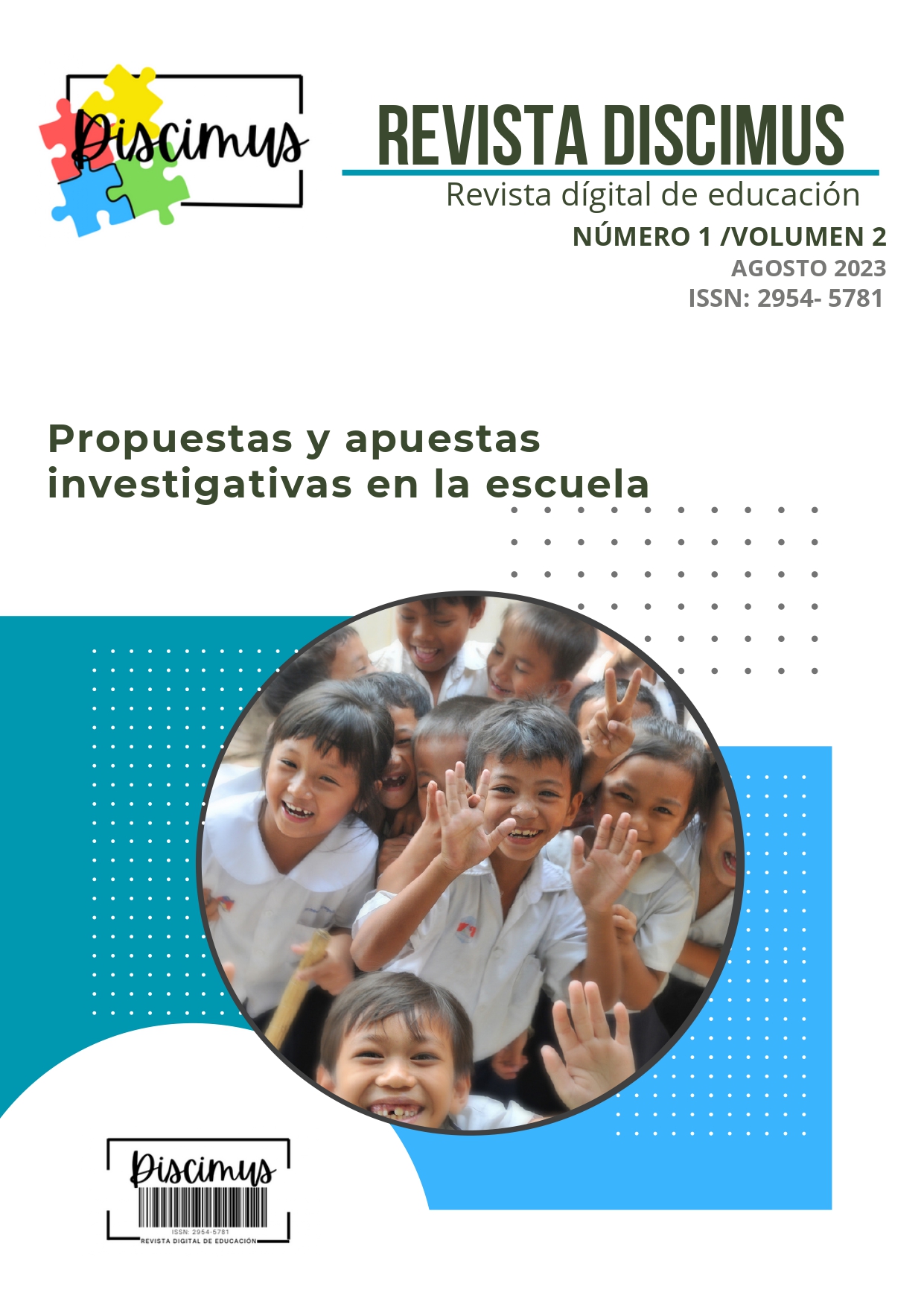Readings of the report of the Truth Commission and possibilities for school coexistence
DOI:
https://doi.org/10.61447/20231211/art17Keywords:
Curriculum, SABER test, bilingualism, impact, implementationAbstract
The text addresses the complexity of the current situation in Colombia, a country at a critical moment of social and political change after more than half a century of armed conflict. The signing of the peace agreement with the FARC-EP in 2016 is highlighted as a crucial milestone, although not without challenges, including the reintegration of ex- combatants and the security of the signatories. The creation of the Commission for the Clarification of the Truth, Coexistence and Non-Repetition is mentioned as an attempt to tell the complete story of the conflict and its victims, facing political obstacles such as the position of President Iván Duque.
The text also focuses on the importance of education for peaceful coexistence, especially in educational communities. It highlights the need to review and update school curricula to include a more complete and contextualized history of Colombia, from its history of violence to its fight for peace. Additionally, it
addresses the importance of challenging social norms that perpetuate violence and conflict, such as gender stereotypes and harassment.
It is suggested that truth and justice are imperative for coexistence and that society must strive to search for the truth through different mechanisms such as coexistence committees and programs like Hermes. In addition, creativity and literature are pointed out as ways to redefine the past and build new stories of coexistence. The text offers a multifaceted analysis of social and political change in Colombia, highlighting the complexity of going from a state of prolonged conflict to a more peaceful and equitable situation. It proposes a series of strategies and approaches to address these challenges, from the educational system to public participation and truth and justice as pillars for coexistence.
Downloads
References
Biblioteca del proceso de paz con las FARC-EP. (2018). Acuerdo final para la terminación del conflicto y la construcción de una paz estable y duradera. Punto aparte.
Comisión de la verdad . (2022). Cuando los pájaros no cantaban: historias del conflicto armado colombiano. Volumen testimonial.
Comisión de la Verdad. (2022). Hallazgos y recomendaciones.
Fundación para la Reconciliación y otros. (15 de diciembre de 2021). Caminos hacia la reconciliación [podcast]. Bogotá, Colombia.
JEP Colombia. (26 de abril de 2022). Caso 03 Cabo (r) Nestor Gutierrez reconoce su responsabilidad por "falsos positivos" en el Catatumbo[archivo de video]. Ocaña, Norte de Santander, Colombia.
Olano García, H. (Enero-Febrero de 2020). La enseñanza de la historia en Colombia. Revistas Jurídicas UNAM(55). Obtenido de https://revistas.juridicas.unam.mx/index.php/hechos-y-derechos/article/view/14388/15550
Pedagogía Libertaria. (3 de 06 de 2021). Segundo Conversatorio [archivo de video]. Bogotá, Colombia.
Redacción Colombia. (4 de febrero de 2022). Mas de 200.000 personas han sido reportadas como desparecidas en Colombia. El Espectador. Obtenido de https://www.elespectador.com/colombia/mas-regiones/mas-de-200000-personas-han-sido-reportadas-como-desaparecidas-en-colombia/#:~:text=Cerca%20de%20200.000%20personas%20permanecen,de%20desaparici%C3%B3n%20forzada%2050.522%20personas.
Rodríguez Pico, C. (2015). La instrumentación de los partidos políticos en Colombia: . VIII Congreso Latinoaméricano de Ciencia Política. Lima, Perú. Obtenido de
Unidad de Búsqueda de Personas dadas por Desaparecidas. (11 de marzo de 2021). Camino de la Búsqueda [archivo de video]. Bogotá, Colombia.
Unidad de Investigación y Acusación JEP. (2022). Asesinato de líderes y lideresas sociales, defensores de derechos humanos y excombatientes de las Farc.

Downloads
Additional Files
Published
Issue
Section
License
Copyright (c) 2023 Rojas Pacheco José Alejandro (Autor/a)

This work is licensed under a Creative Commons Attribution-NonCommercial-ShareAlike 4.0 International License.
Open Access Policy at Discimus Journal
Discimus Journal is committed to the promotion of free circulation of scientific and academic knowledge, simultaneously ensuring appropriate acknowledgment for our authors while adhering to the ethical principles of scientific publishing. In alignment with this goal, Discimus publishes all its articles under the ATTRIBUTION-NONCOMMERCIAL-SHAREALIKE 4.0 INTERNATIONAL CC BY-NC-SA 4.0
What does this imply for authors, readers, and the scientific community?
1. Usage Freedom: Under the license CC BY-NC-SA 4.0, anyone is allowed to share (copy and redistribute the material in any medium or format) and adapt (remix, transform, and build upon the material) the articles published in Discimus, for any purpose, including commercially.
2. Attribution: Users must give appropriate credit, provide a link to the license, and indicate if changes were made to the original work. This credit must include the author's citation, the article title, the publication in Discimus, and, if feasible, the DOI of the article. This attribution should not in any way suggest that the authors or Discimus endorse the use made of the work.
3. Share Alik: If users remix, transform, or build upon the material, they must distribute their contributions under the identical license as the original.









